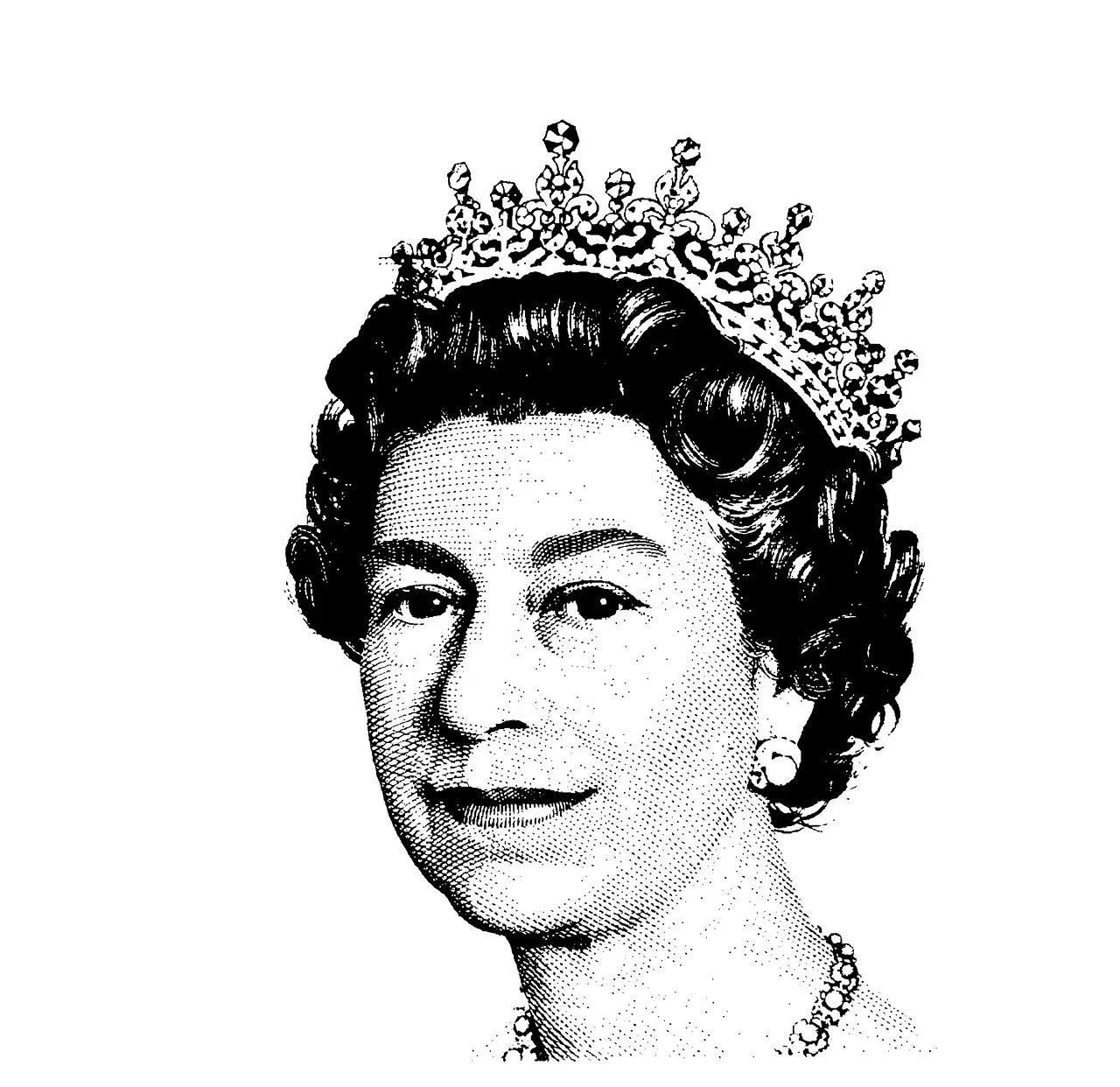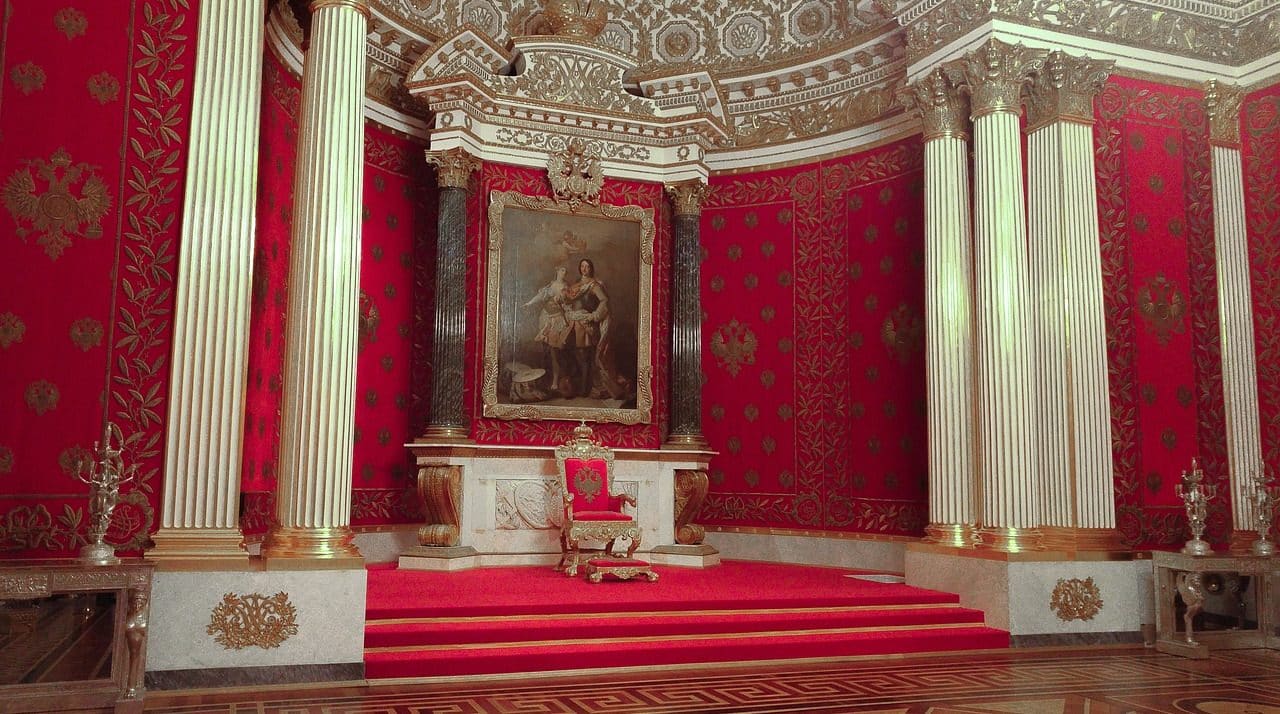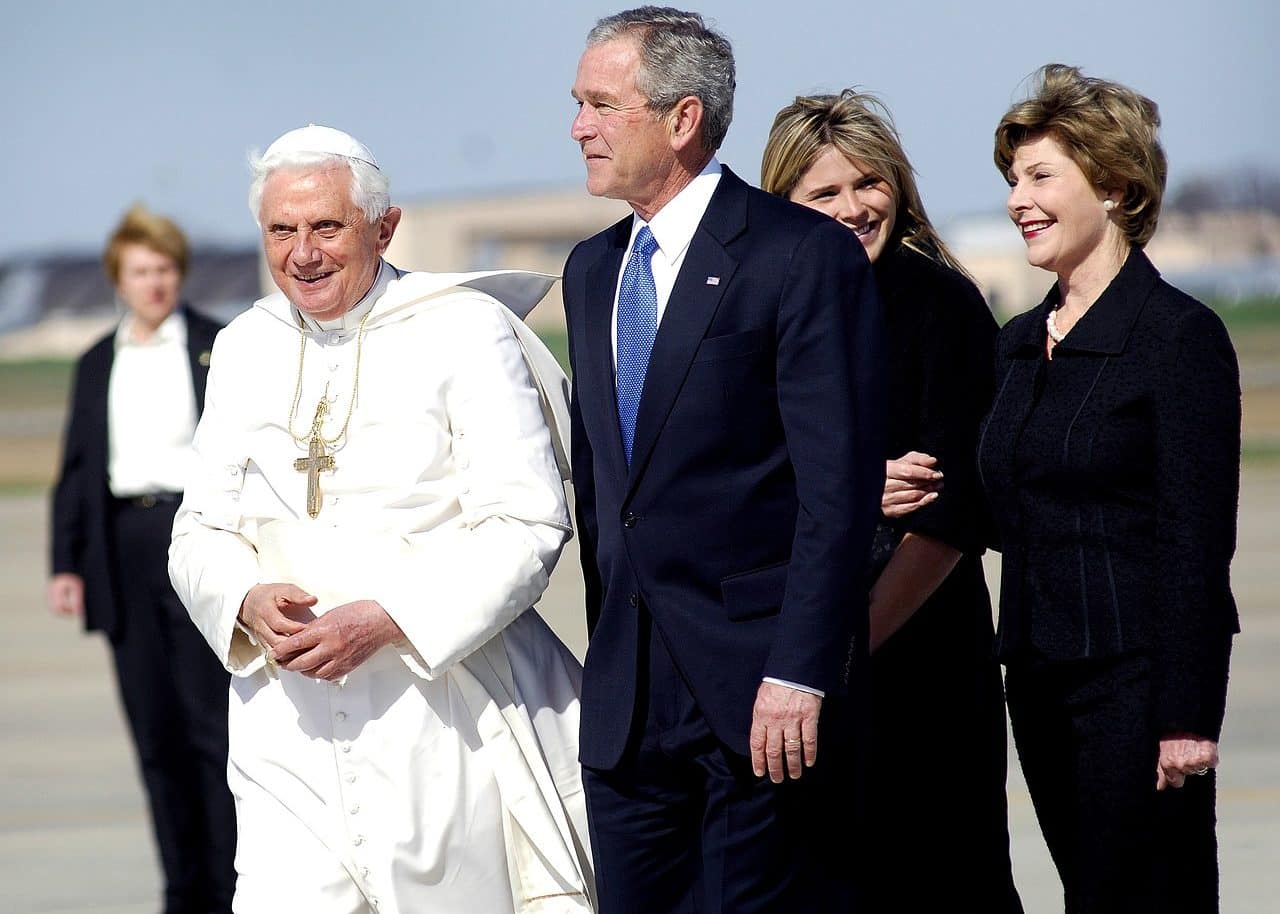
Portrait of Queen Elizabeth II, a sovereign acclaimed by people around the world.
Sovereign is a term used to describe the supreme and absolute authority that possesses unrestricted power and authority within a specific territory or realm. This concept has played a fundamental role in history and politics, and its interpretation has evolved over time.
In the historical context, the term sovereign has been linked to the figure of monarchs and supreme leaders . Sovereigns were seen as the undisputed government of a territory , with complete control over its population and resources. This concept was commonly associated with absolute monarchy , where the throne had unlimited power and was not subject to any form of external control.
In the political sphere, the notion of sovereignty has been essential for the theory of the State . State sovereignty implies that it has final authority over its territory, citizens and internal affairs, and is not subject to the authority of other states. This principle has been fundamental in the construction of the structure of the international system, where the sovereign equality of states is a fundamental pillar.
However, the idea of sovereignty has also been the subject of debate and transformation over time. In the contemporary era, with the emergence of democratic ideals and citizen participation, it has become increasingly linked to the popular will. Popular sovereignty implies that power emanates from the people and that government leaders derive their authority from the approval of citizens.
Etymology
The word sovereign has an interesting etymology and has undergone certain changes over time. Its origin dates back to medieval Latin and derives from the word superanus , which means "superior" or "that is above." This in turn comes from the classical Latin super , which means "on" or "above."
The evolution of the term over the centuries reflects its connection with supreme authority and central or absolute power. In the Middle Ages, the word sovereign was used to describe the monarch or supreme ruler, highlighting his position above other similar positions.
Over time, the concept of sovereignty evolved and became integrated into political and philosophical theories. During the Age of Enlightenment , thinkers such as Jean-Jacques Rousseau and John Locke helped develop ideas about popular sovereignty and the legitimacy of political power. This led to an expansion of the meaning of sovereign beyond the figure of the monarch, encompassing the idea that political authority emanates from the people.

There are different types of sovereign, from absolute to parliamentary.
Types of political sovereigns
The absolute monarch is a ruler who possesses unlimited power and is not subject to any form of constitutional, legal or parliamentary control. During his term, he has complete authority over the government and administration of the State. This type of sovereign was more common in ancient times and in the Middle Ages, where the crown held absolute power over its subjects and territories.
Unlike the absolute, the constitutional monarch operates within a legal framework established by a constitution . Although the nobility may have a ceremonial or representative role, actual executive power is in the hands of an elected government . Modern examples include the British constitutional monarchy, where the queen or king has a symbolic role and the government is based on an elected parliament.
In a parliamentary monarchy system, the nobleman also has a ceremonial role, but the government is run by an elected parliament. The prime minister, usually the leader of the majority party in parliament, is the main figure in the executive branch. The monarch may have protocol and representative functions, but his intervention in political affairs is limited.
The term tyrant refers to a ruler who exercises dominion in an oppressive, abusive manner and without legal restrictions. Typically he acts for his own benefit, ignoring the rights and wishes of the people. Historically, the concept of tyranny has been associated with leaders who rule without regard for justice or the general well-being.
A despot is an absolute and arbitrary ruler who exercises unlimited power over his territory and population. Despotism is often associated with abuse of power, cruelty, and oppression. Although a despot may have some governmental structure, its authority is usually centralized in an individual figure who controls all aspects of the state, as if it were a super power .
Each of these types of sovereigns represents different forms of exercise of political power, from systems close to autocracy to more limited forms regulated by laws and constitutions. These categories reflect the diversity of government structures throughout history and in different parts of the world.

Depending on the time and culture, the religious sovereign may have more or less influence in the political sphere.
religious sovereigns
Religious sovereigns have played a crucial role throughout history, marking their influence on various kingdoms and dynasties. These leaders, often invested with divine authority, have exercised their power distinctively in different cultural and social contexts.
In certain kingdoms, the religious sovereign becomes the symbol of the connection between the divine and the earthly . The coronation ceremony takes on a sacred character, where the scepter not only represents political power, but also divine blessing on the reigning dynasty. Succession is considered an act that ensures the continuity of the lineage.
Some empires have adopted theocracy as a system of government, fusing religious authority with political power. The autonomy of the religious leader is essential, and the coronation ceremony may include ritual elements that reinforce the connection between the monarch and the sacred.
In certain ancient cultures, religious sovereigns also played the role of priests , thus cementing the relationship between political and spiritual power . These leaders enjoyed special privileges and were often considered a separate caste, holding supremacy both religiously and secularly.
In some cases, a religious sovereign could emerge from a monastic or clerical order , carrying with him a spiritual legacy. The tradition and dignity of the order were intertwined with the exercise of political power, and the investiture ceremony could have ritual elements typical of religious tradition.
In certain contexts, the legitimacy of the religious sovereign was based on a divine pact , establishing a special connection between the leader and the deity. Sovereignty was considered a privilege granted from above, and political treaties were often combined with spiritual aspects.
Religious leadership has often played a crucial role in forming the cultural identity of a people. The influence of the religious sovereign extends beyond the political , leaving a profound impact on the culture, traditions and heritage of society.
